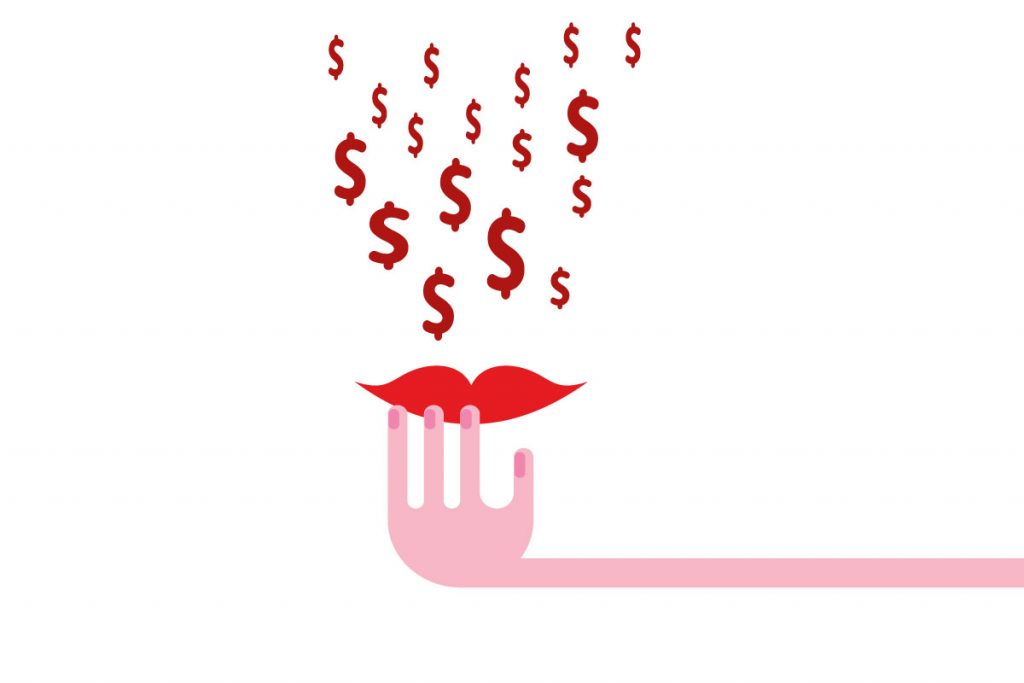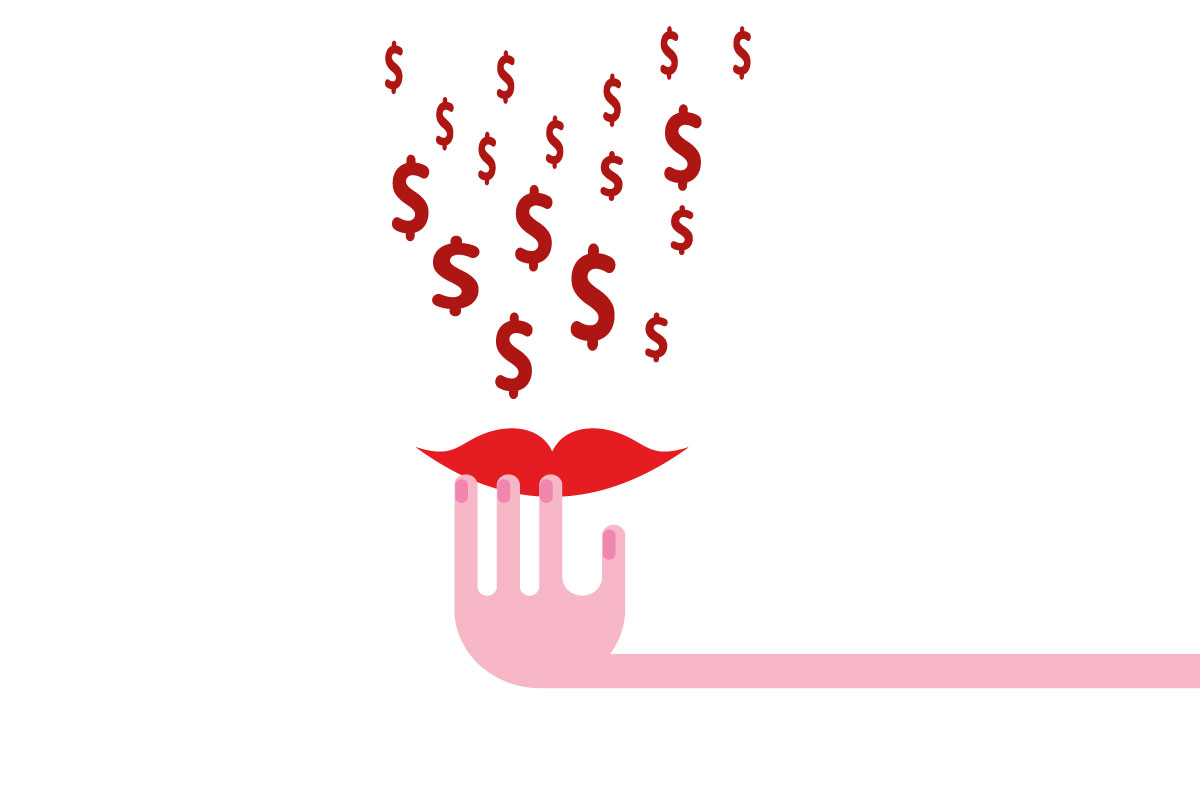Spiegelaere et al (2018) looked at innovative work behavior and performance-related pay. The findings are ambivalent and show again that there is not one simple answer and that the context matters. Even though it might be tempting to see compensation schemes as a quick fix – it is not. This might also be the case due to the complexity of the compensation topic itself. It is not just about the amount being paid out but also about the form. It makes a difference if the high-performance related pay is individually or collectively paid. Employees with no individual or collective pay showed lower innovative work behavior while a collective high-performance-related pay correlated with higher scores concerning innovative work behavior. Individual pay however independently if paid out only individually or also collectively does not influence innovative work behavior. Collectively paid however the influence is positive and significant. If managers have to choose between paying out nothing or paying out single individuals – both do not affect IWB. Collective pay however has a positive effect. However it can not be overestimated as in comparison and relation to other factors such as job design, pay has less effect like learning opportunities for example.
Spiegelaere et al (2018) thus demonstrated that what might be considered a quick fix or motivation boost by providing individual bonuses does not work in the case of IWB. What it does is shift the motivation from intrinsic to extrinsic. Which does not mean that reward pay is in vain and should not be considered. This is true as a method in itself. In combination with upward communication this is different. When employees have the opportunity to communicate their ideas to higher management levels individual and collective pay rewards lead to more innovative behavior. First fixing communication, then pay. Spiegelaere et al (2018) explain this with the Scanlon plan that showed that just enabling the possibility to share ideas is not enough and that reward payment systems are equally necessary.
Incentive schemes is not a quick fix. Depending on if nothing is paid out, individual or collective or mixed pay outs are done IWB is affected differently.
It might be tempting as it might look easier at the first sight to play with the compensation then to change the culture of a company – there is no quick fix. Applied wrongly it can even have negative effects and suppress intrinsic motivators.
Collective PRP can boost innovative work behavior but only if there is enough room for sharing ideas with supervisors and combined with individual pay outs that shows individuals that their extra efforts are worth it.















What do you think?
Show comments / Leave a comment